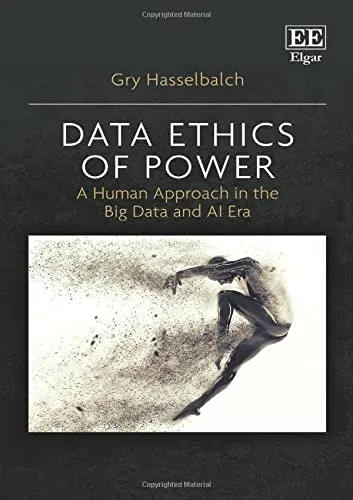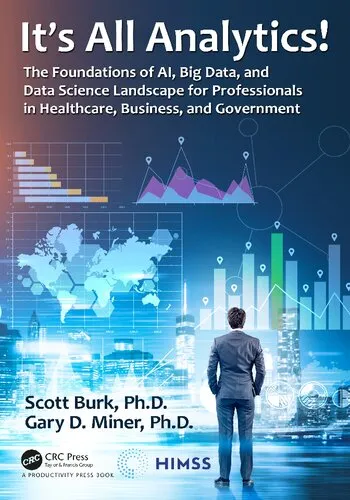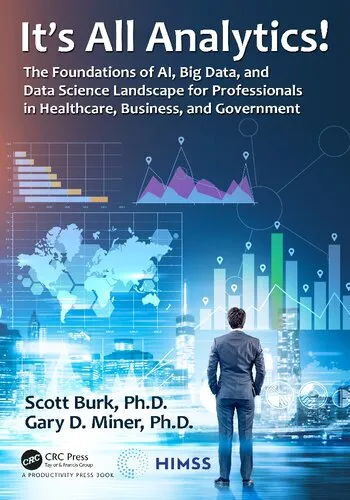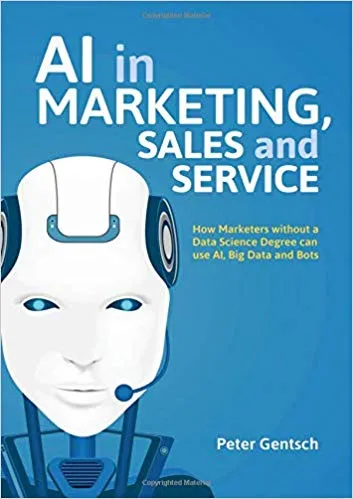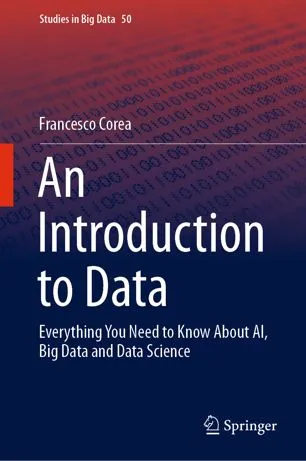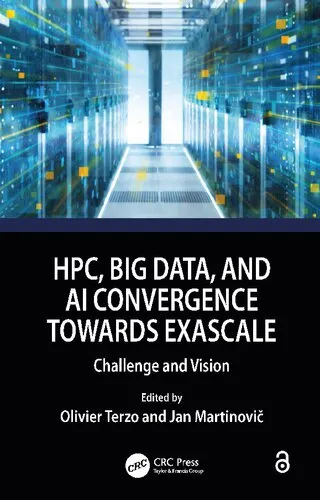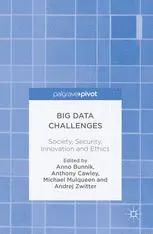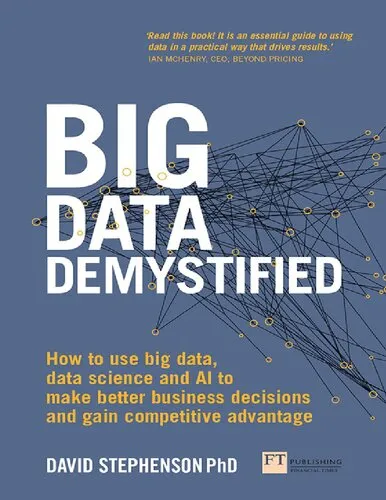Data Ethics of Power: A Human Approach in the Big Data and AI Era
4.3
Reviews from our users

You Can Ask your questions from this book's AI after Login
Each download or ask from book AI costs 2 points. To earn more free points, please visit the Points Guide Page and complete some valuable actions.Related Refrences:
Introduction to 'Data Ethics of Power: A Human Approach in the Big Data and AI Era'
In the sprawling landscape of our ever-evolving digital universe, 'Data Ethics of Power: A Human Approach in the Big Data and AI Era' emerges as a poignant exploration into the ethical paradigms that govern the realms of big data and artificial intelligence.
Detailed Summary of the Book
The book delves into the intricate web of ethical questions that arise as technology progressively shapes our society. It critically examines the balance of power and autonomy in the digital age, where data is not only a resource but also a tool for control, influence, and manipulation. The narrative weaves through the historical evolution of data use and its ethical implications, scrutinizing present-day challenges and foretelling future trends.
With a human-centered approach, the book discusses the moral responsibilities of data collectors, processors, and analysts. It dissects the dilemmas faced by individuals and organizations when handling personal data and the potential consequences of neglecting ethical standards. The author argues for a recalibration of power, advocating for transparent practices and policies that emphasize justice, fairness, and human rights.
Gry Hasselbalch employs a multidisciplinary analysis that encompasses legal, technological, philosophical, and sociological perspectives, providing readers with a comprehensive understanding of the digital ethical landscape. By exploring case studies and real-world applications, the book grounds theoretical discussions in practical realities, illustrating how ethical considerations can be integrated into data-driven decision-making.
Key Takeaways
- Data ethics must prioritize human rights, focusing on justice, equity, and fairness in all aspects of data handling.
- The history of data use is essential in understanding the contemporary dilemmas and shaping future ethical frameworks.
- Transparency and accountability in data practices are crucial for maintaining public trust and moral integrity in the digital sphere.
- Ethical data use is not just a responsibility of technologists and policymakers but involves all stakeholders, including data subjects.
- The power dynamics inherent in data collection and analysis can and should be managed to empower individuals rather than exploit them.
Famous Quotes from the Book
"In the age of AI, preserving our humanity requires more than innovation; it demands empathy, reflection, and responsibility."
"Data holds the power to illuminate the unknown, but without ethical stewardship, it can also obscure the truth."
Why This Book Matters
In an era dominated by big data and AI, the ethical concerns surrounding these technologies often lag behind their rapid development. 'Data Ethics of Power' addresses this gap by offering a critical examination of the moral questions that are crucial for shaping a future in which technology serves humanity rather than exploits it. The book serves as a vital resource for anyone involved in the field of data science, from technologists and business leaders to policymakers and educators. It underscores the importance of intertwining ethical considerations with technological advancements to ensure responsible innovation.
By advocating for a human-centered approach, the author not only challenges existing paradigms but also provides a guiding framework for developing ethical guidelines that can keep pace with technological growth. In doing so, the book contributes to a global conversation about how to protect fundamental human values in the digital age.
Free Direct Download
You Can Download this book after Login
Accessing books through legal platforms and public libraries not only supports the rights of authors and publishers but also contributes to the sustainability of reading culture. Before downloading, please take a moment to consider these options.
Find this book on other platforms:
WorldCat helps you find books in libraries worldwide.
See ratings, reviews, and discussions on Goodreads.
Find and buy rare or used books on AbeBooks.
1404
بازدید4.3
امتیاز0
نظر98%
رضایتReviews:
4.3
Based on 0 users review
Questions & Answers
Ask questions about this book or help others by answering
No questions yet. Be the first to ask!
